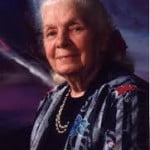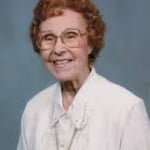Creative Source Therapy: Pathways for Healing the Inner Child – Errol D. Schubot (Is.7)
by Errol D. Schubot, Ph.D.
The Creative Source is the inner wisdom and guidance that is most often accessed in spiritual, creative, or deep trance states. In a previous article in The Journal of Regression Therapy (Schubot, 1987), I demonstrated how Creative Source Therapy can be a very effective pathway to uncover and heal past-life experiences. This article further elaborates the procedures for using the Creative Source and demonstrates its effectiveness in healing the Inner Child.
Creative Source Therapy uses the methods of Behavioral Kinesiology (Diamond, 1979; Callahan, 1985). It is a procedure that gives instant feedback of the body’s response to a stimulus through muscle testing. The client holds his arm out to the side with his palm … Read the rest





